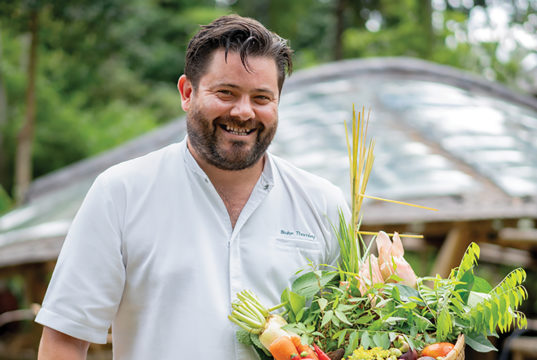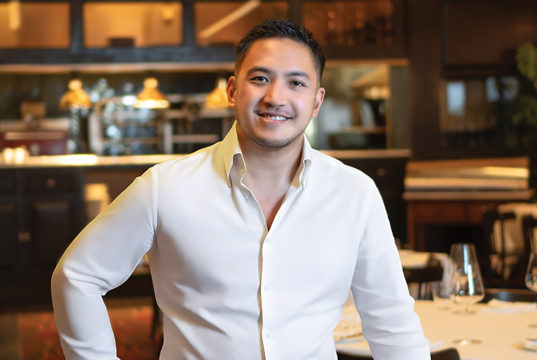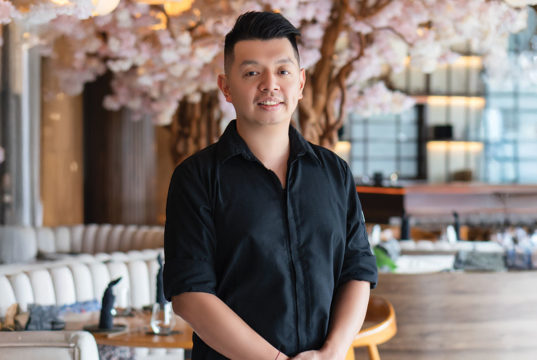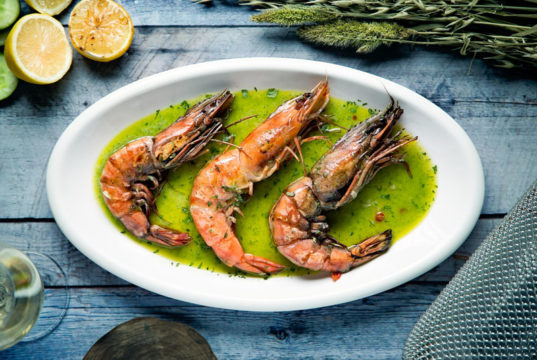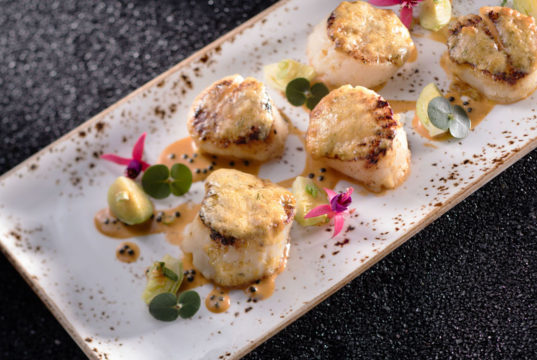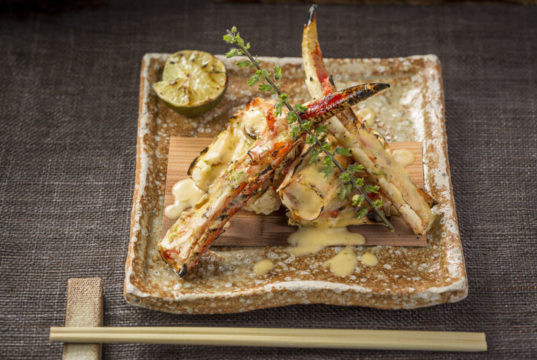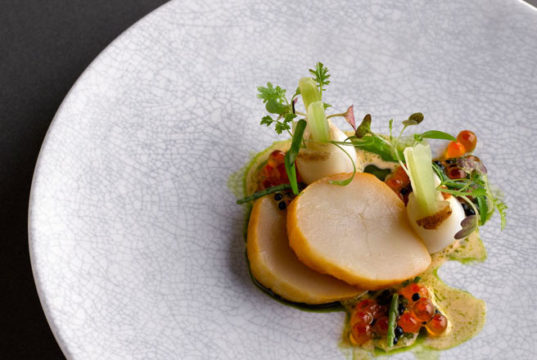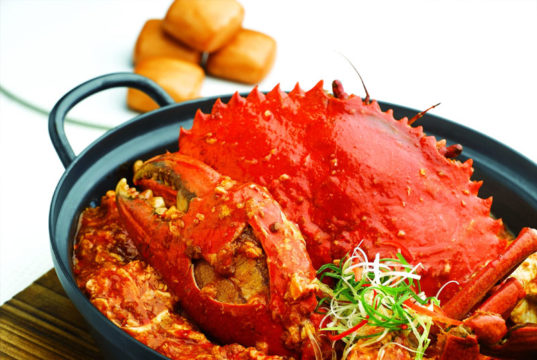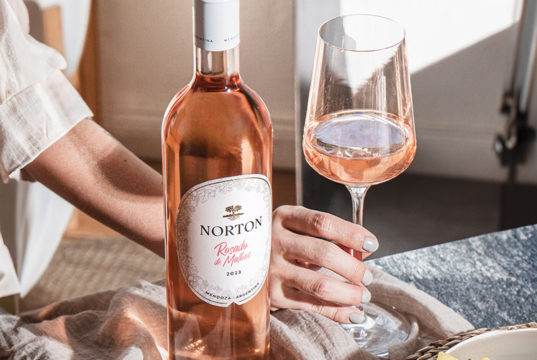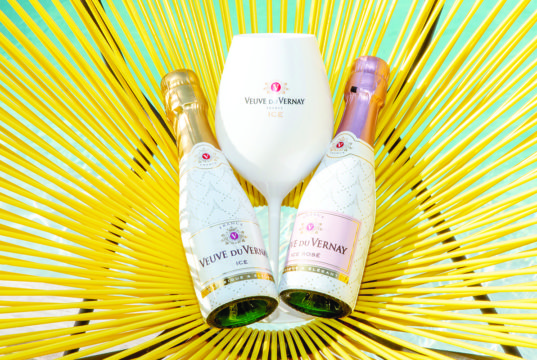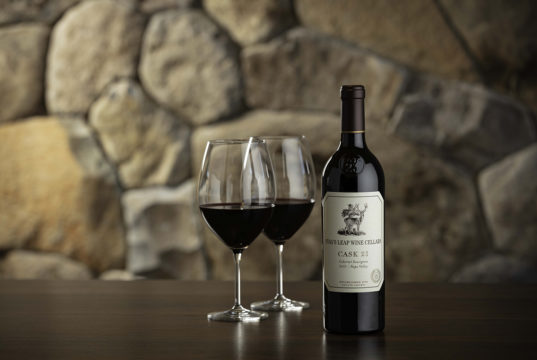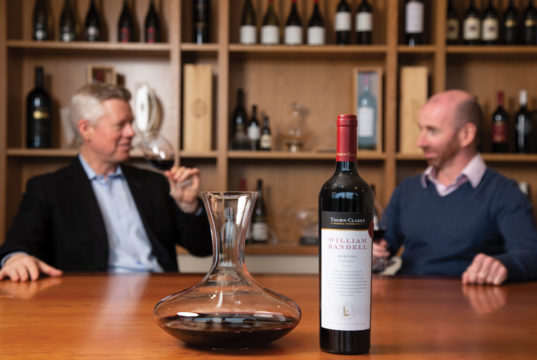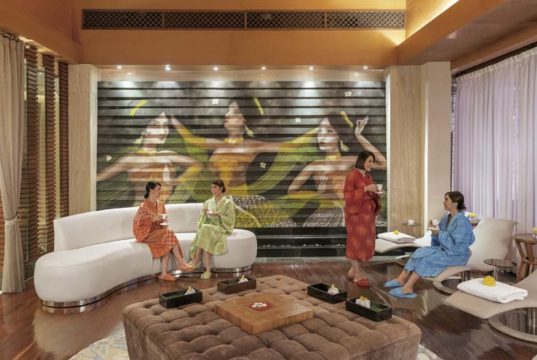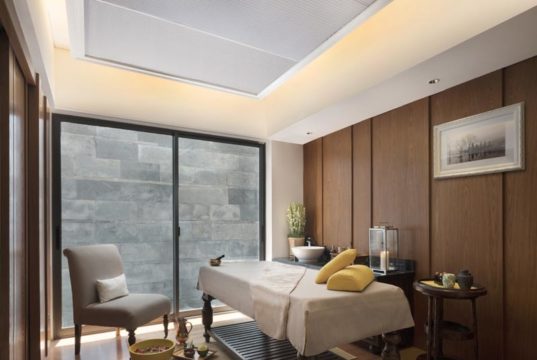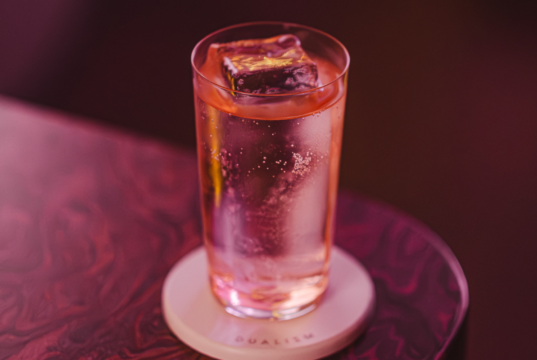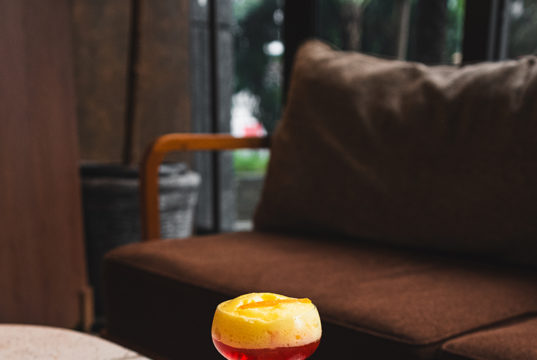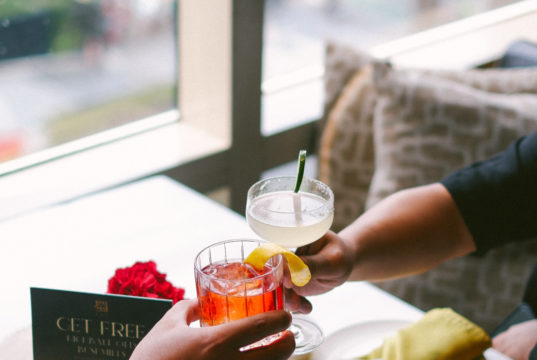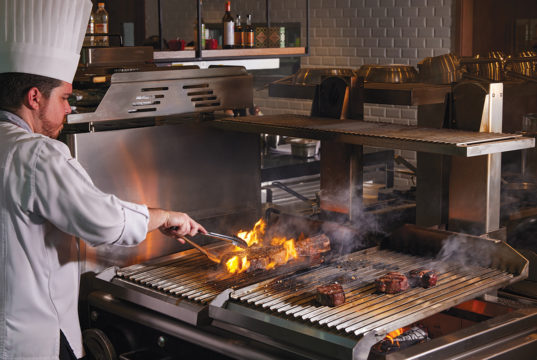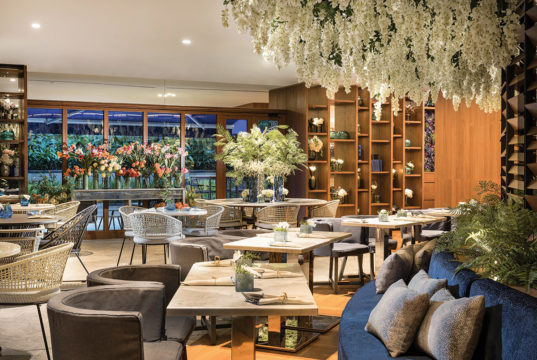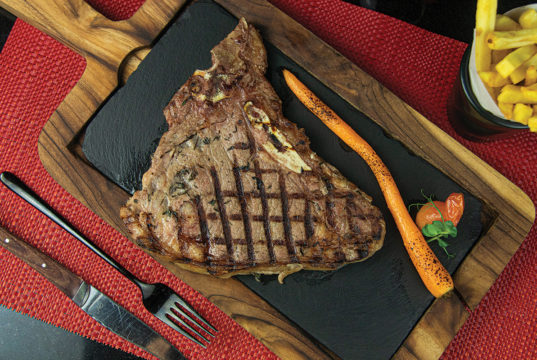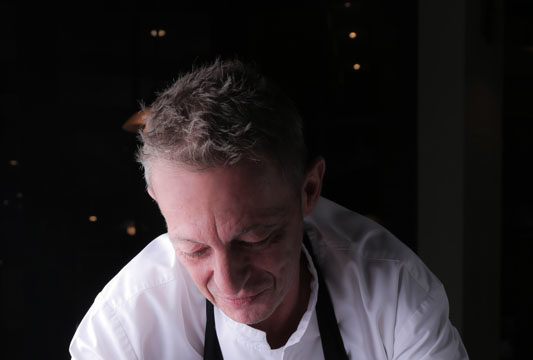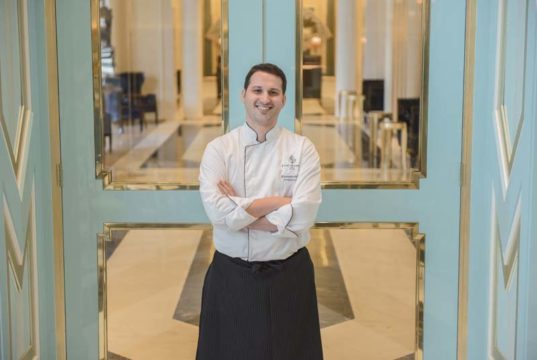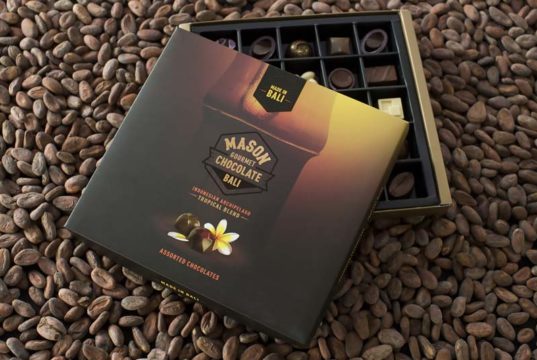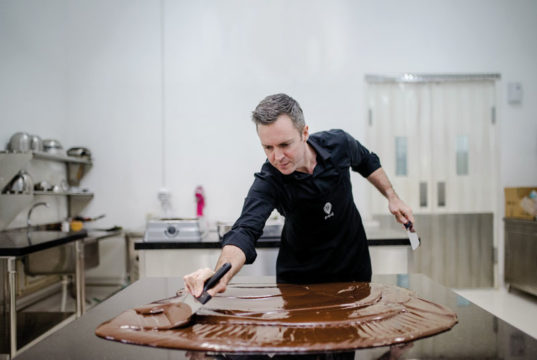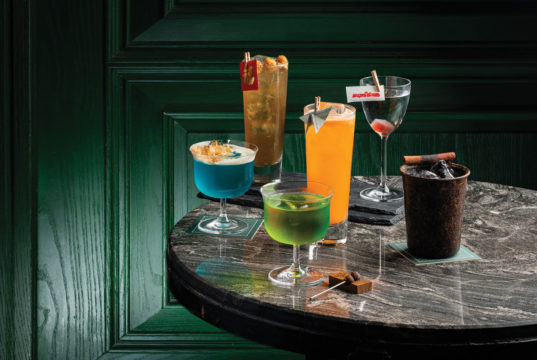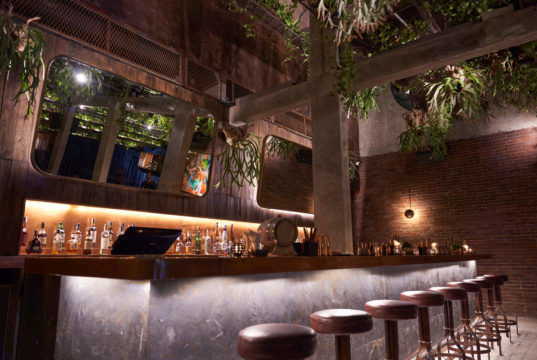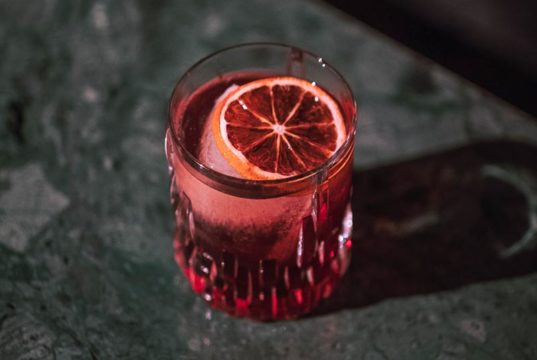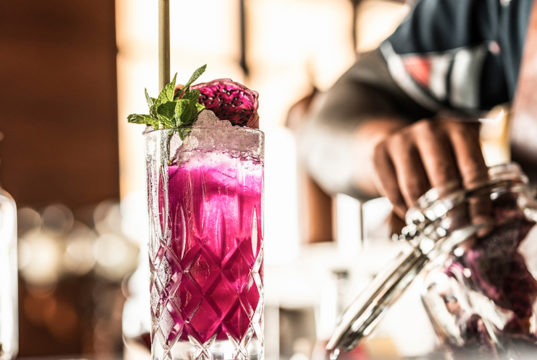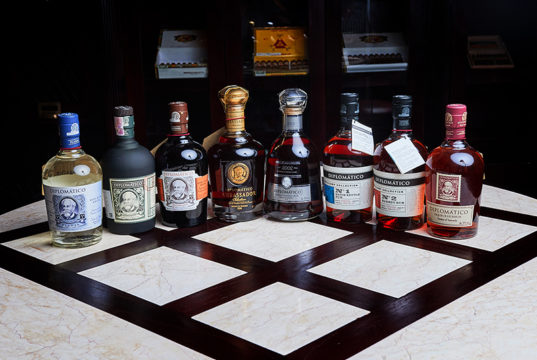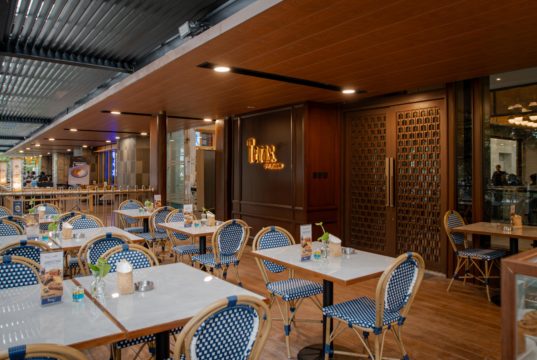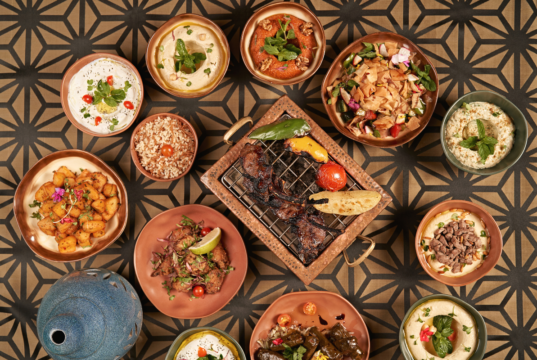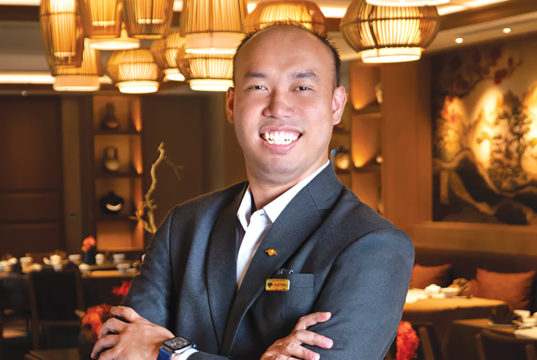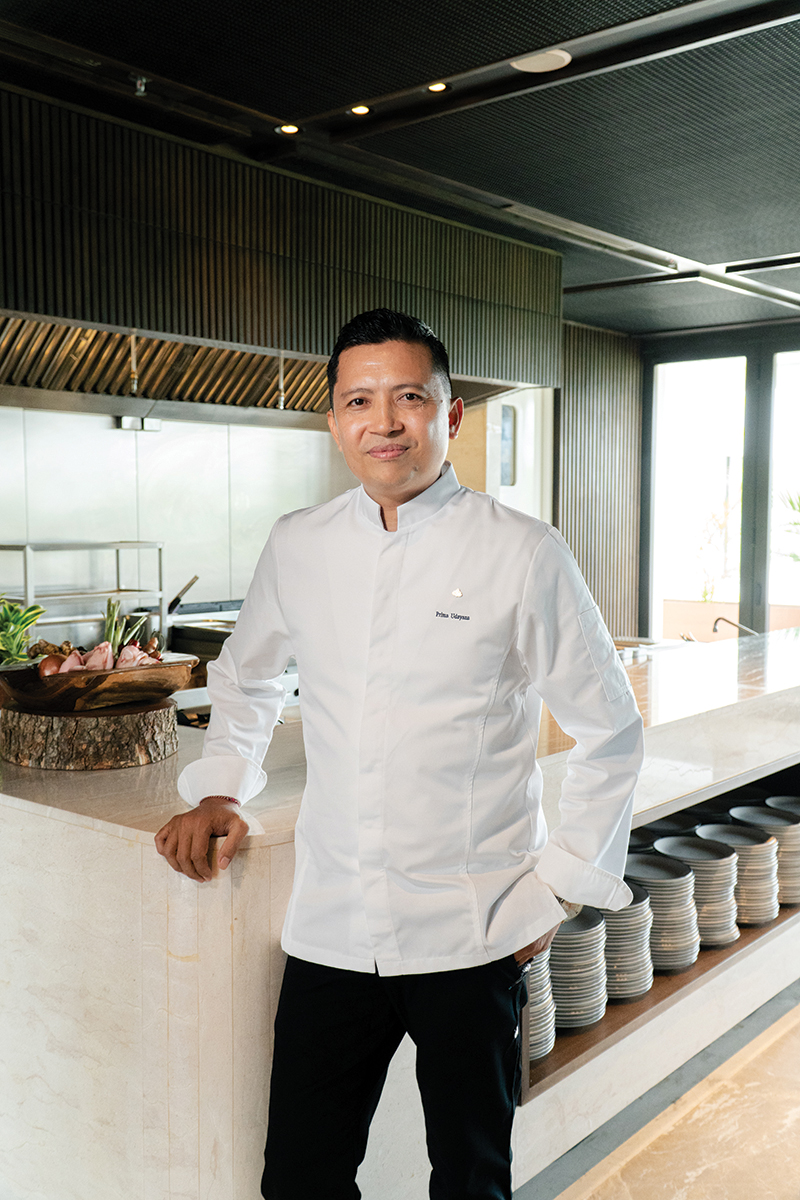
With more than two decades of experience in prestigious kitchens, including W Bali – Seminyak and Mandapa, a Ritz-Carlton Reserve, Arya Prima Udayana now leads the team at The Meru Sanur and Bali Beach Hotel, The Heritage Collection. He brings a refined approach to Indonesian cuisine, championing sustainability and local ingredients while emphasising passion and love in the kitchen.
– by Vincentius Alvin –
E: Can you share your journey leading up to your current role at The Meru Sanur and Bali Beach Hotel, The Heritage Collection?
A: My career began in 2003 at The Ritz-Carlton, Bali, where I spent six years before transitioning to AYANA Resort Bali. I later joined the pre-opening team at W Bali – Seminyak, working there for about a year and a half. Following that, I gained valuable experience at The Mulia Resort & Villas, Mandapa, a Ritz-Carlton Reserve and Hyatt Regency Bali. Currently, I am part of the team at The Meru Sanur and Bali Beach Hotel, The Heritage Collection, having started in January 2024.
E: Who has been the most significant influence on your culinary style? And what’s the best advice that you’ve ever got from them?
A: Chef Arbi and my father, Chef Marco, have significantly influenced my culinary style. I learned about food details, menu design, management, leadership styles and the art of plating from them. They are those I will always remember, not only because we later became close friends, but also due to their professionalism. As chefs, they are both inspiring and incredibly rigorous when it comes to work.
E: Can you tell us more about the culinary concept that you bring to The Meru Sanur and Bali Beach Hotel, The Heritage Collection?
A: We focus on using locally sourced sustainable products and presenting them with a refined palate. We strive to convey our passion and highlight the unique characteristics of each ingredient in every dish. Most importantly, I encourage my team to cook with love because when we put our hearts into the food, it acquires a deeper meaning and greater value.
E: Is sustainability becoming more important in your kitchen? How do you approach it with your team?
A: Absolutely. Sustainability is paramount for me as a chef. Our team ensures that we turn off electricity when it’s not in use, and we’re mindful of our water usage. Water is incredibly important for us, so we strive to use it efficiently, especially during cleaning and preparation process.
E: What is your signature dish, and why is it important to you?
A: At Roso Restaurant, my signature dish is Gurita Asam Pedas. Living near the beach and the sea has fostered a deep love for seafood. I chose octopus, or gurita in Indonesian, as the star of this dish because it’s both flavourful and challenging to cook due to its unique texture and character.
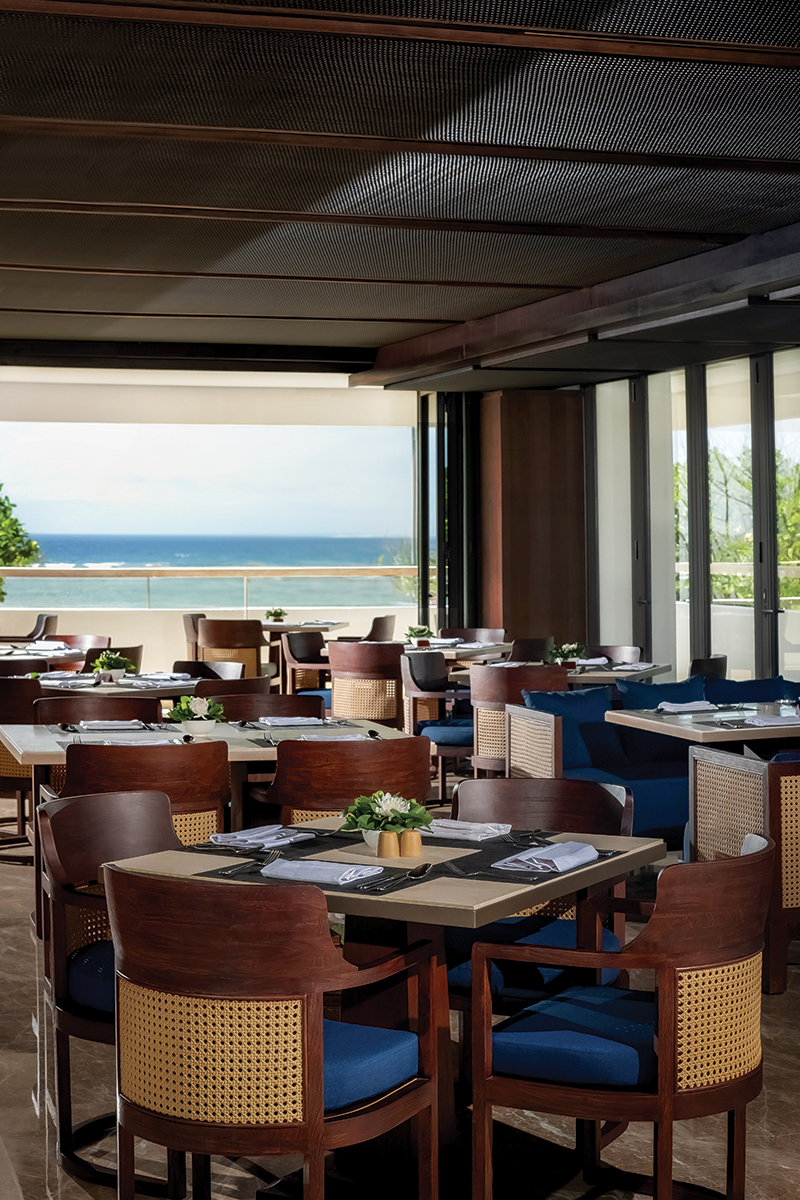 E: In your opinion, what makes a great chef?
E: In your opinion, what makes a great chef?
A: A great chef should be a role model— not just by setting an example through cooking, but also through their behaviour. True leadership involves inspiring your team and creating an environment where they genuinely enjoy working alongside you.
E: What has been your most significant challenge as a chef, and how did you overcome them?
A: I dislike seeing my team in uncomfortable situations. When it happens, I address it by providing encouragement and positive energy. I follow up with one-on-one meetings to better understand and resolve the issue. That’s my approach.
E: What is your guilty pleasure food?
A: I absolutely love lawar, a traditional local dish. Lawar is made with a variety of ingredients, and to create a truly delicious version, you need to balance the aromatic kaffir lime with the spiciness of sambal, along with garlic and other spices. The main ingredient is crucial—whether using chicken or another protein, its flavour and tenderness should stand out and harmonise perfectly with the spices and the refreshing notes of kaffir lime and its juice.
E: If you had to use one specific ingredient in all your every culinary, what would it be and why?
A: I love garlic and often use it to make garlic oil. I infuse garlic oil to enhance my dishes, especially in Indonesian and Balinese cuisine. For me, oil is the finishing touch. In western dishes, olive oil is commonly used for garnishing, but for Indonesian food, I prefer to use garlic oil. It’s one of my favourite ingredients to add depth and flavour to my dishes.
Gurita Asam Pedas
 Ingredients:
Ingredients:
Octopus
- 1kg local octopus, cleaned
- 500ml lemon juice
- 100g shallots, peeled
- 70g garlic, peeled
- 70g leek (white part only), sliced
- 250g salt
- 4 litres water
Asam Pedas Dressing
- 200g big red chilli, deseed
- 500g lime juice
- 20ml fish sauce
- 200ml simple syrup
- 5g xanthan gum
Pickled Onion
- 500g white onion, thinly sliced
- 100g beetroot, cubed
- 300ml rice vinegar
- 200g white sugar
- 500ml mineral water
- 10g salt
Green Oil
- 500g leek (green part only), chopped
- 100g spring onions (green parts only), chopped
- 600ml salad oil
Plating
- 100g octopus, cut into tentacle pieces
- 45g baby romaine lettuce leaves
- 30g cherry tomatoes
- 20g baby bean, blanched
- 5g pickled onions
- 40ml Asam Pedas dressing
- 10ml green oil
- 3g micro peas shoot
- 4g sea salt
- 2g black pepper
Method:
- To cook the octopus; prepare a large pot, combine water, shallots, garlic and leek. Bring to a boil, then add lemon juice and salt, stirring to dissolve. Add the cleaned octopus in the boiling water and cook for 5 minutes. Reduce the heat to low and simmer for 1 hour. Turn off the heat and let the octopus sit for another hour to tenderise. Carefully remove the octopus, ensuring the skin stays intact, and place it on a wire rack to cool.
- To make Asam Pedas dressing; blend the red chillies, lime juice, fish sauce and simple syrup on high speed until smooth. Strain the mixture through a fine sieve into a mixing bowl. Gradually whisk in the xanthan gum until the dressing is smooth and slightly thickened. Set aside.
- To make pickled onions; place the beetroot cubes in a saucepan with rice vinegar, sugar, mineral water and salt. Bring to a boil. Turn off the heat and let the pickling liquid cool to room temperature. Add the sliced onions to the cooled liquid and let it sit for at least 24 hours before use.
- To make green oil; prepare a pot of boiling water and an ice bath. Blanch the leek greens and spring onions briefly in the boiling water, then immediately transfer them to the ice bath to cool completely. Once cooled, squeeze out excess water and transfer the greens to a blender. Add the salad oil and blend on high speed until the mixture is smooth. Strain the oil through a fine sieve into a container. Allow it to settle overnight for maximum clarity.
- To plate; cut the octopus tentacles into desired portions and arrange them on a plate. Add baby romaine lettuce, blanched baby beans, cherry tomato halves and pickled onions around the octopus. Drizzle the plate with Asam Pedas dressing and green oil. Garnish with micro pea shoots. Sprinkle with sea salt and a crack of black pepper for the finishing touch.
Exquisite Taste Volume 46
Roso Restaurant
W: balibeachsanur.com
IG: @rososanur




